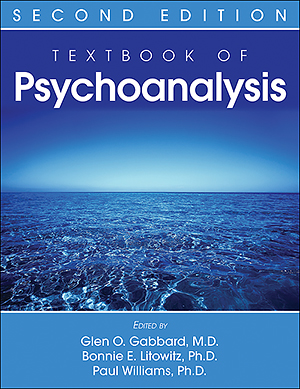Sections
Excerpt
Outcome studies have shown that many types of psychoanalytic and psychodynamic treatments (we use the two terms interchangeably to avoid repetitiveness) are effective in bringing about change not only in symptoms but also in internal psychological abilities such as insight, level of defenses, internalized object relations, affect tolerance, and view of self (Leichsenring 2009). Complementing outcome studies, process studies have identified some of the techniques and patient-therapist interactions most characteristic of psychodynamic treatments (compared with other types of treatment) and some of the active ingredients and mechanisms of change (Blatt et al. 2010; Smith-Hansen et al. 2011b).
Access content
To read the fulltext, please use one of the options below to sign in or purchase access.- Personal login
- Institutional Login
- Sign in via OpenAthens
- Register for access
-
Please login/register if you wish to pair your device and check access availability.
Not a subscriber?
PsychiatryOnline subscription options offer access to the DSM-5 library, books, journals, CME, and patient resources. This all-in-one virtual library provides psychiatrists and mental health professionals with key resources for diagnosis, treatment, research, and professional development.
Need more help? PsychiatryOnline Customer Service may be reached by emailing [email protected] or by calling 800-368-5777 (in the U.S.) or 703-907-7322 (outside the U.S.).



